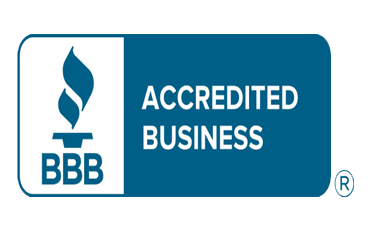Police officers can pull a driver over if they suspect them of breaking the law or believe they are a risk on the road. They can pull a driver over if they suspect them of driving under drugs or alcohol, violating traffic laws, or engaging in criminal activity. In most cases, police officers are not allowed to pull someone over without having a reasonable belief that the driver violates laws. Here are some common instances when a police officer can pull you over.
Speeding
When a police officer pulls someone over for speeding, they must have evidence that the individual was driving at an unsafe speed. This evidence can take many forms, including visual observation of the vehicle’s speed by the officer. It can also be observance by automated systems such as radar guns, laser guns, and cameras. Additionally, a driver can be pulled over and ticketed if caught in a speed trap.
When Driving Under the Influence
When police officer suspects that an individual is driving under the influence of drugs or alcohol, they will often initiate a traffic stop to investigate further. To do so, officers must reasonably suspect that the driver has alcohol impairment. Suspicion results from visual cues such as swerving, erratic driving patterns, and the smell of alcohol. A driver can also take sobriety tests such as the walk-and-turn test or recite the alphabet. If drivers fail these tests, the police arrest and charge them with driving under the influence.
Random Checkpoints
Officers set up sobriety checkpoints or traffic stops to ensure drivers are not intoxicated. They check for valid driver’s licenses and vehicle registrations. They will also check for signs of criminal activity, such as drugs or weapons in the car, before allowing a vehicle to proceed. In some states, police officers have the mandate to perform random traffic stops. It means an officer can pull over a car without reasonable suspicion of wrongdoing. However, the police must conduct these stops according to established protocols. It ensures the Fourth Amendment rights of the driver are not violated.
Drivers need to be aware of their rights and responsibilities when dealing with the police. If they ask you to pull over, it is advisable to remain calm, not argue, and follow their requests. It is also important to remember that a driver has the right to refuse a search without reasonable cause or suspicion. No matter the circumstances, you should respect the law and cooperate with an officer while they do their job. Understanding when a police officer can pull you over will protect your rights. It safeguards you from danger by unnecessary traffic stops.





